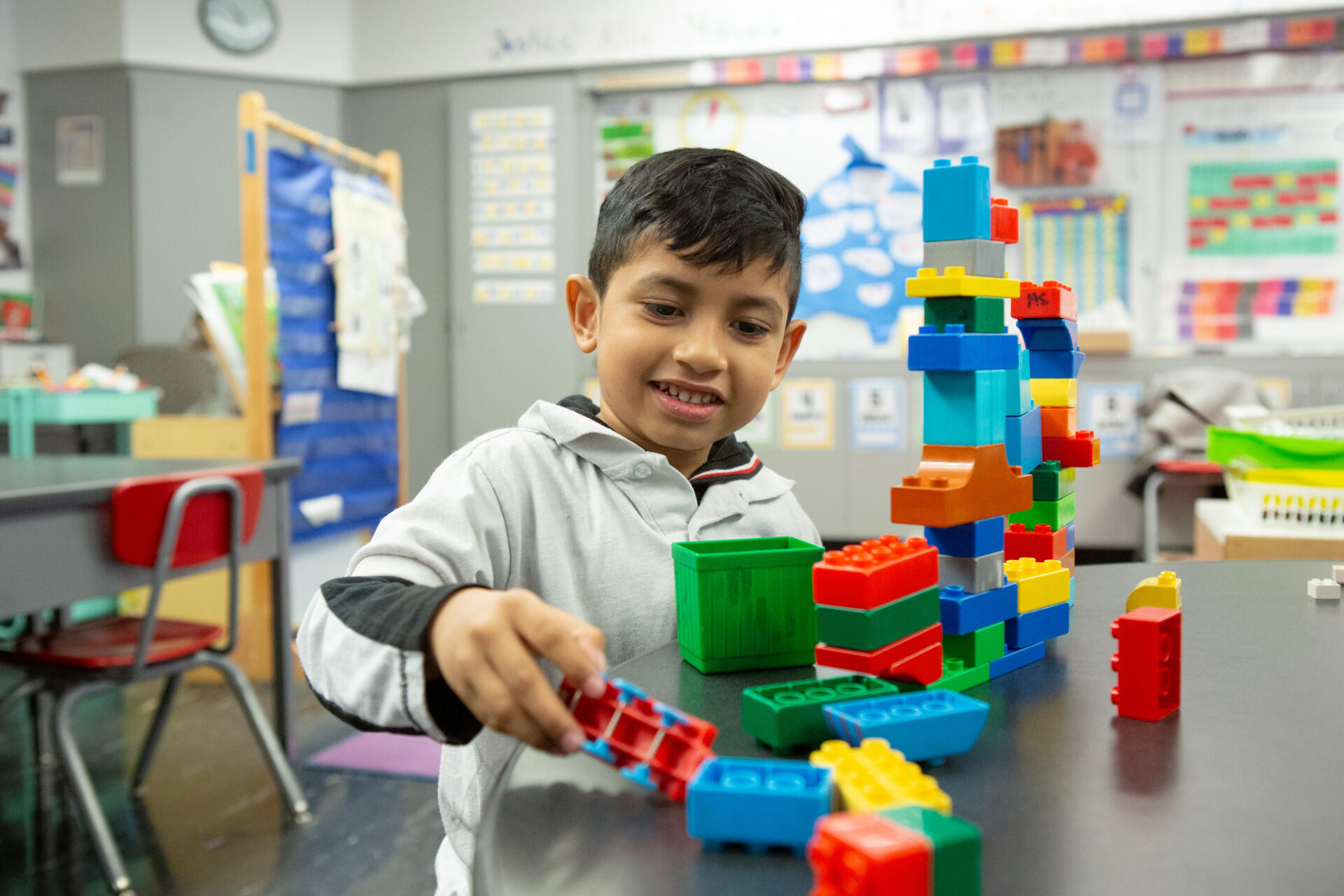
Early years hold the key to a child’s — and Arizona’s — success
A child’s early years hold the key to their success — and Arizona’s — because children who are healthy and prepared when they enter kindergarten do better in school and are more likely to graduate and enroll in college. And well-educated adults are more prepared for the job opportunities of a global marketplace and to contribute to the strength of their communities.
As Arizona’s early childhood agency, First Things First is committed to the healthy development and learning of young children from birth to age 5. It funds services to help kids be successful once they enter kindergarten.
If children start school ready to learn, they are more likely to read at grade level by 3rd grade. Remedial costs go down, potential lifelong gaps could be eliminated, and our entire school system is better for all kids.
Numerous studies have demonstrated that children with access to quality early learning are more prepared for kindergarten. They have increased vocabulary, better language, math and social skills, more positive relationships with classmates, and they score higher on school-readiness assessments. As they go forward in school and life, they are less likely to need special education services or be held back a grade and are more likely to graduate and go on to college.
If children read at grade level by 3rd grade, they’re more likely to graduate from high school. High school dropouts are four times more likely to be unemployed and apply for public assistance.
If children graduate from high school, they are more likely to go on to higher education. Businesses benefit from a better-educated workforce and high school graduates also can enter the job market as tax-paying citizens. These are better outcomes for kids that also save taxpayers money.
Confident, accomplished adults contribute to a responsible community. Employable, tax-paying citizens are critical to a vital economy.
Many economists contend the solution starts in a child’s early years. Art Rolnick, a nationally-recognized advocate for early childhood, shares that the best target for public investment is to invest in children birth to age 5.
Rolnick, who is an economist and a senior fellow at the Humphrey School of Public Affairs at the University of Minnesota, points to studies that show early childhood investments have up to an 18 percent return on investment. He tells policymakers to think of early childhood as economic development, because it’s the best public investment communities can make.
If families, caregivers and their community as a whole can provide quality early childhood development, then children will start school ready to learn. Early experiences promote future learning, behavior and health.
For more information on the return of investment on early childhood visit: FirstThingsFirst.org/early-childhood-matters/investing-in-early-childhood/
